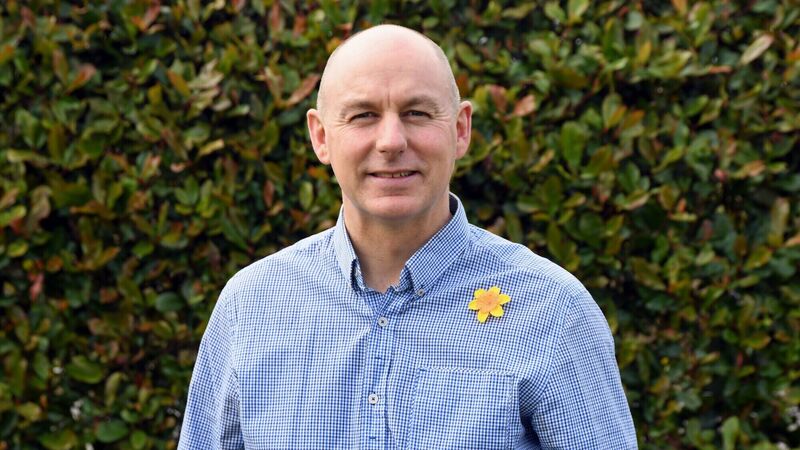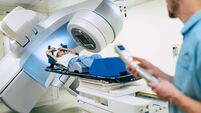My cancer journey: 'I didn’t have time to think or feel sorry for myself'

Neil O'Sullivan in Co Cork. Picture: Denis Minihane
It was a Saturday in 2014 and Ireland was playing Australia in the November series of rugby internationals.
Watching the game on TV, Cork-based dad of two Neil O’Sullivan just couldn’t get comfortable. The lower back pain he’d woken up with that morning had now migrated to his front left side and into his left testicle.











